Victoria’s booming market and government intervention
It’s been a decade of crazy price rises and reactionary government intervention in the property market, with prices going up in seven of the 10 years while laws were changed to help rein things in.
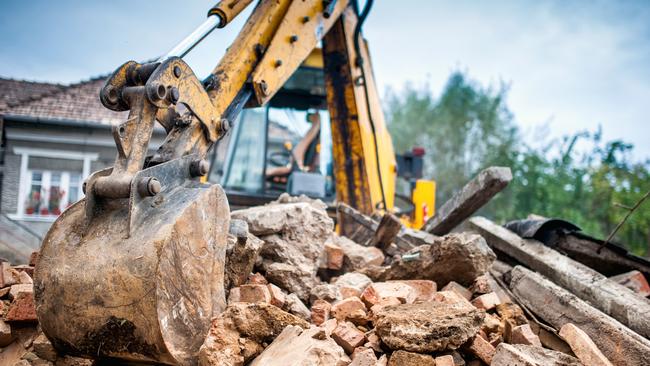
Victorian homebuyers have given the property market a vote of confidence over the past decade, pushing prices up for seven of the 10 years.
But governments have made plenty of moves aimed at keeping things fair.
Since the start of 2010, state and federal politicians, as well as government agencies, have fiddled with the market at least a dozen times.
RELATED: First Home Owner Grant data reveals fringes as FHB hot spots
First-home buyer stamp duty savings will affect Melbourne suburbs differently
Victoria’s new underquoting laws and why now is a golden time to buy

And not always for the better, according to industry experts.
First-home buyers have been at the centre of the meddling, including losing $2000 of a $9000 handout from the government for established homes six months into 2010 (they could still claim up to $7000 until 2013).
Later in the decade they were offered $10,000 if they bought a new home, and more recently $20,000 for new homes in regional Victoria.

Real Estate Institute of Victoria vice president Adam Docking said pulling back first-home buyer grants for established homes this decade had followed watching the city’s most affordable homes rise thousands of dollars almost overnight when grants were introduced in the previous decade.
“Generally they fiddle with something and then regret fiddling with it,” Mr Docking said.
“If you try to help one part of the equation, it will be at the expense of other parts.”
Since July 2017 first-home buyers have also been exempt from paying stamp duty on homes under $600,000, and on a sliding scale from there to $750,000.
And starting January 1 next year the federal government will guarantee some eligible first-home buyers for loans with a just 5 per cent deposit.
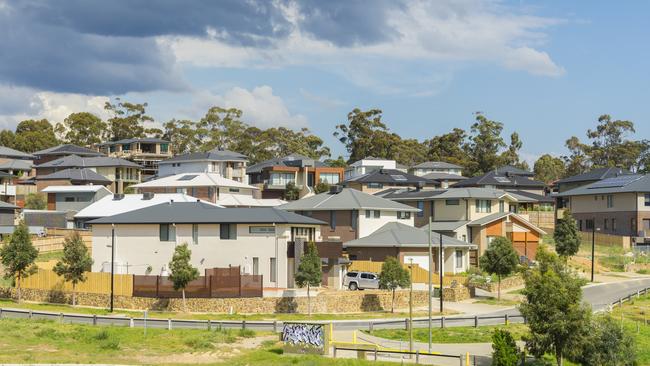
Investors were also repeatedly targeted, losing stamp duty concessions, being hit with an additional tax for leaving homes vacant for more than six months in a year and only avoided an ALP pledge to limit negative gearing after the Federal Coalition was re-elected earlier this year.
To a lesser extent they’ve also had to come to grips with long-sought rental reforms.
“They got whacked this decade,” said realestate.com.au chief economist Nerida Conisbee.
“Though they did get a bit out of hand, but in a positive for Melbourne they did keep rents low.
“Rents have been quite flat despite Melbourne being a growing city, which was not the case in other cities around the world.”
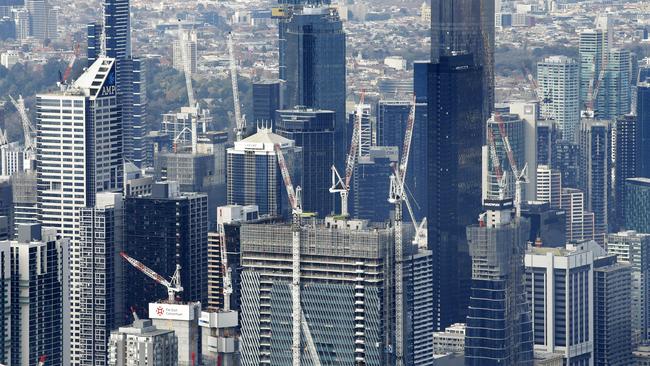
However, their absence following the series of changes implemented by governments in the past few years could lead to a shorter supply of rental homes in the next decade, she warned.
Attempts were also made to curb offshore investors with extra stamp duty payments, as well as the nation’s Foreign Investment Review Board being directed to start pursuing international buyers who breached rules, particularly for buying established residential properties as investments.
For the past two years more than half of the nation’s foreign investment rule breaches have been in Victoria.
Underquoting laws were also updated in 2017 with agents now required to provide a printed accurate price guide and three recent comparable sales.

A raft of enforcement actions by the state’s consumer watchdog late in the decade also saw a handful of agencies forced to pay hundreds of thousands of dollars each in fines — though penalties under the new legislation have yet to be enforced.
Morrell and Koren buyer’s advocate David Morrell said while the new rules had some effect, they hadn’t stopped underquoting.
“Unfortunately it’s endemic, they will never get rid of it,” Mr Morrell said.
“It’s now done by the vendors, rather than the agents.”
With most auction reserves set on auction day, vendors can set their sell price above the quote range at the last minute without breaching the rules.
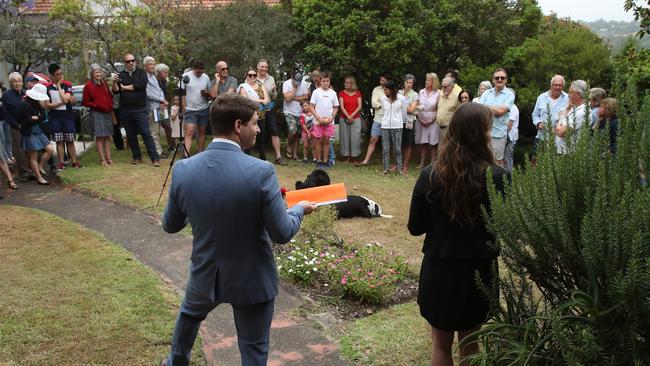
Vendor Advocacy managing director Ben Reid said even once a reserve was set, an auctioneer was under no obligation to call a home on the market once the price was reached.
“The agent and vendor are well within their rights to strategise around that to maximise the sale price,” Mr Reid said.
It was even acceptable for an agent to pass a property in above its reserve if they believed a better price could be negotiated, he added.
However, increasingly well-informed buyers were holding agents accountable — particularly demanding they update price guides online if they made an offer that was rejected, Mr Reid said, as the law requires.
Capping it off, the Australian Prudential Regulation Authority — a statutory authority of the Australian Government — directed lenders to tighten the purse strings for investment loans, effectively quashing investor demand.
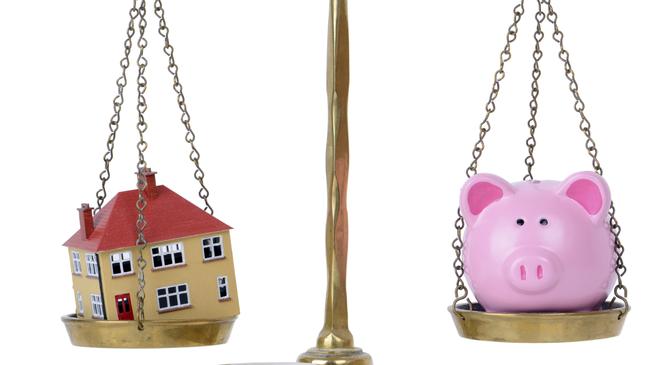
Mr Reid said the moves by APRA were “necessary” but had “gone too far”.
“It had gotten out of control, with overseas investors and local investors really driving prices,” he said.
“(But) the fact that there was a downturn in the market driven by that was the healthiest of adjustments we could have had.”
It was also why stock levels had been so low across 2019, he added.
Finally, the Reserve Bank of Australia progressively slashed the nation’s cash rate from 4.75 per cent in November 2010, down to 0.75 per cent today.
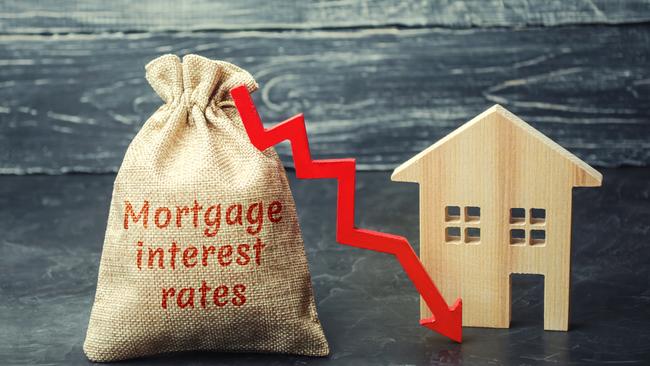
Traditionally, cutting interest rates is done to stimulate the economy, but also fuels stronger competition in the property market as banks pass on lower interest rates to variable home loans.
MORE: Melbourne real estate: CoreLogic name best performing suburbs of 2019
Collins House: Australia’s skinniest skyscraper finished
Embattled George Calombaris lists Mornington Peninsula hideaway
Significant cuts coincided with both of Melbourne’s major home value corrections this decade, first in 2012 and then again earlier this year. In both instances home prices began climbing again as cuts were made.
Originally published as Victoria’s booming market and government intervention
